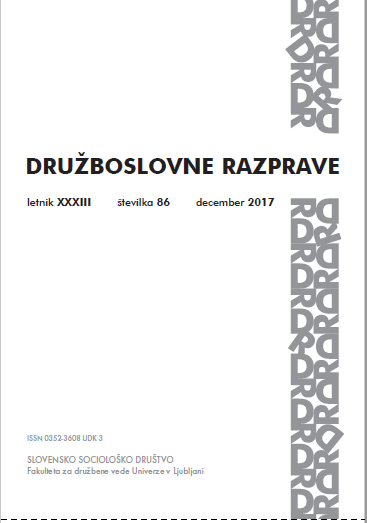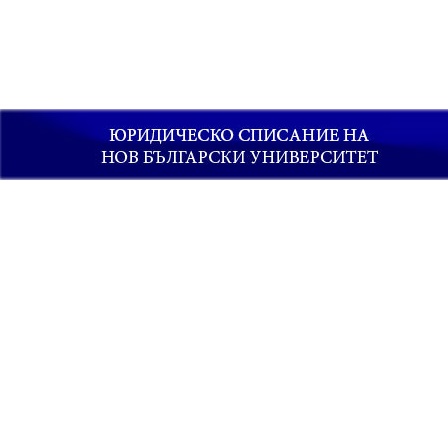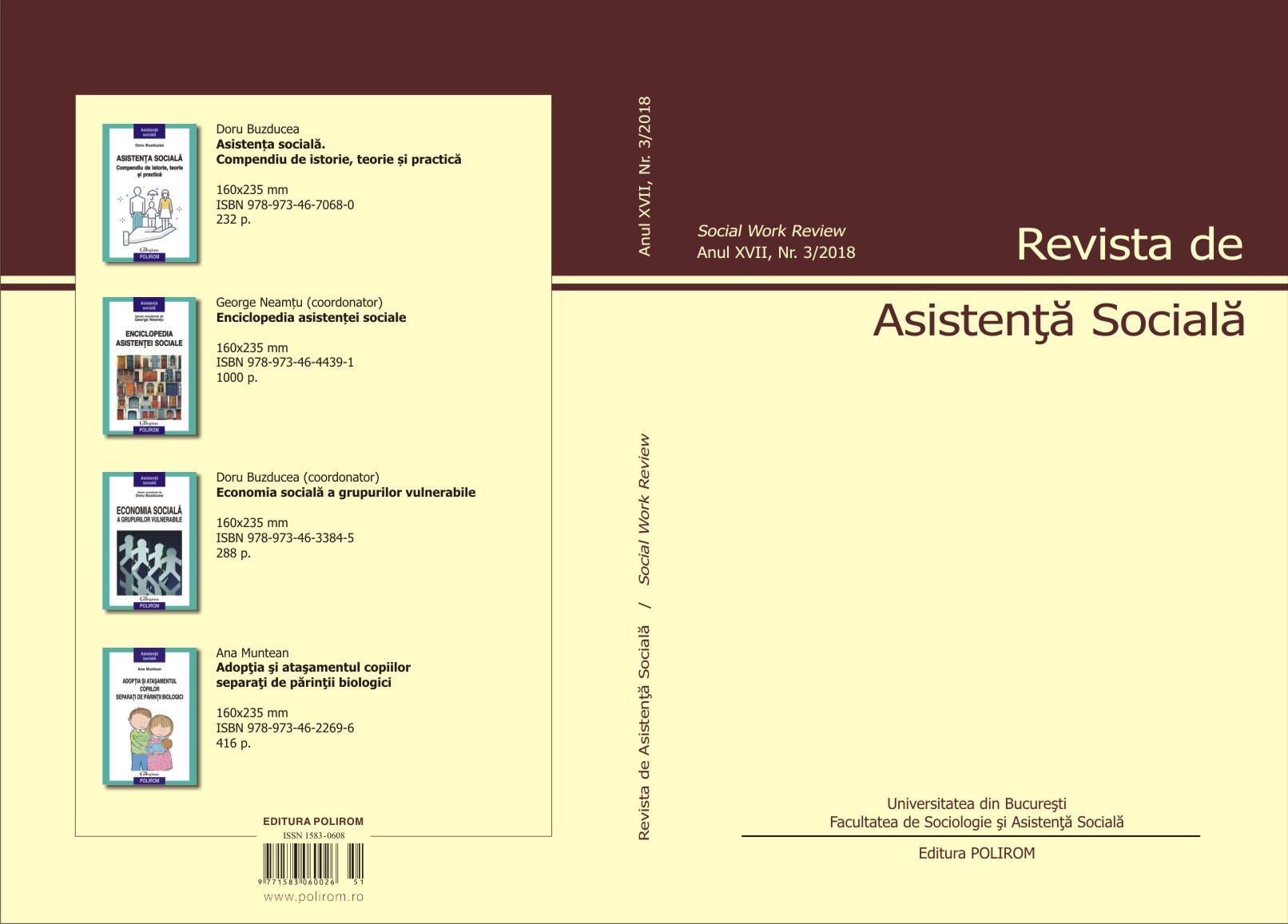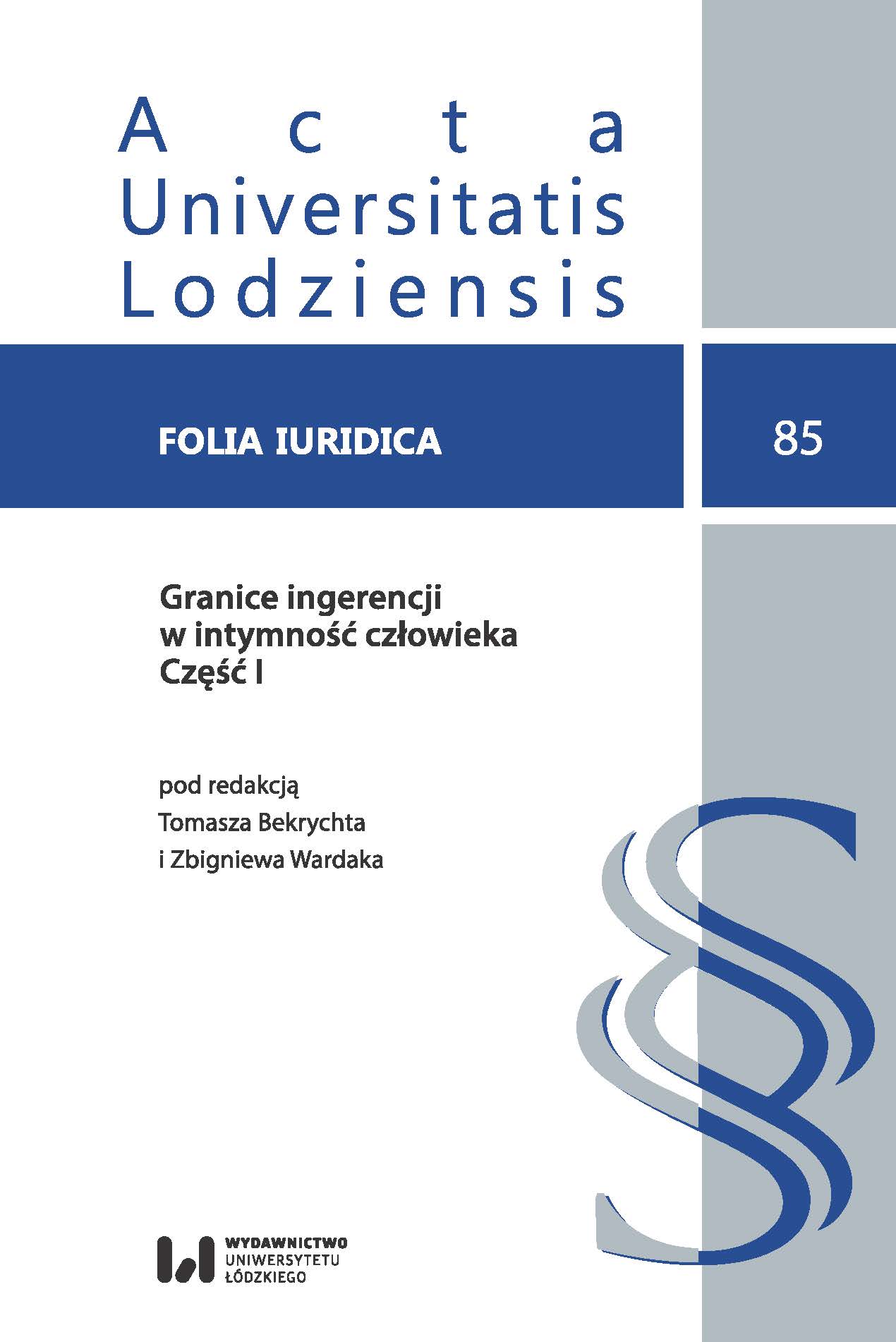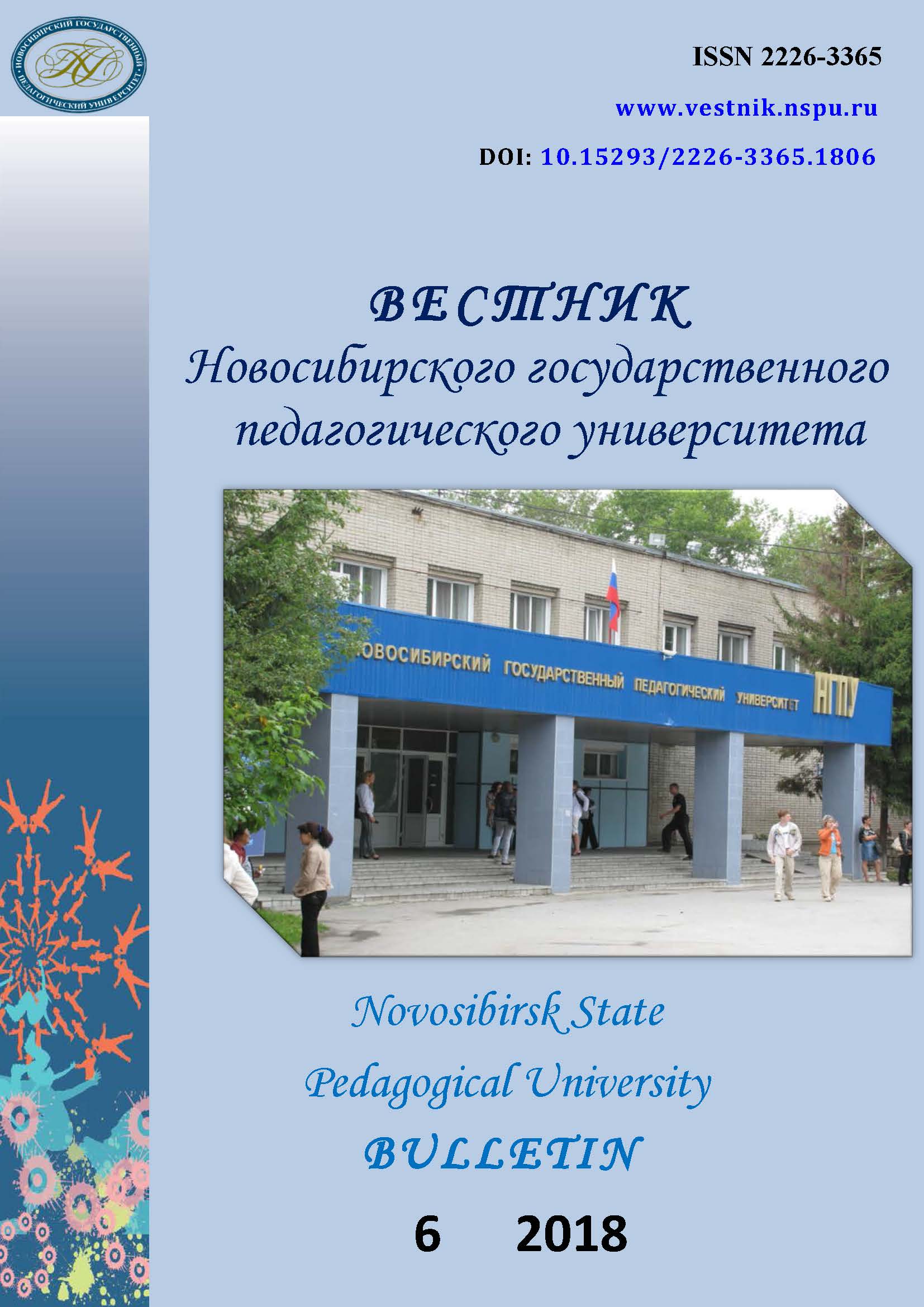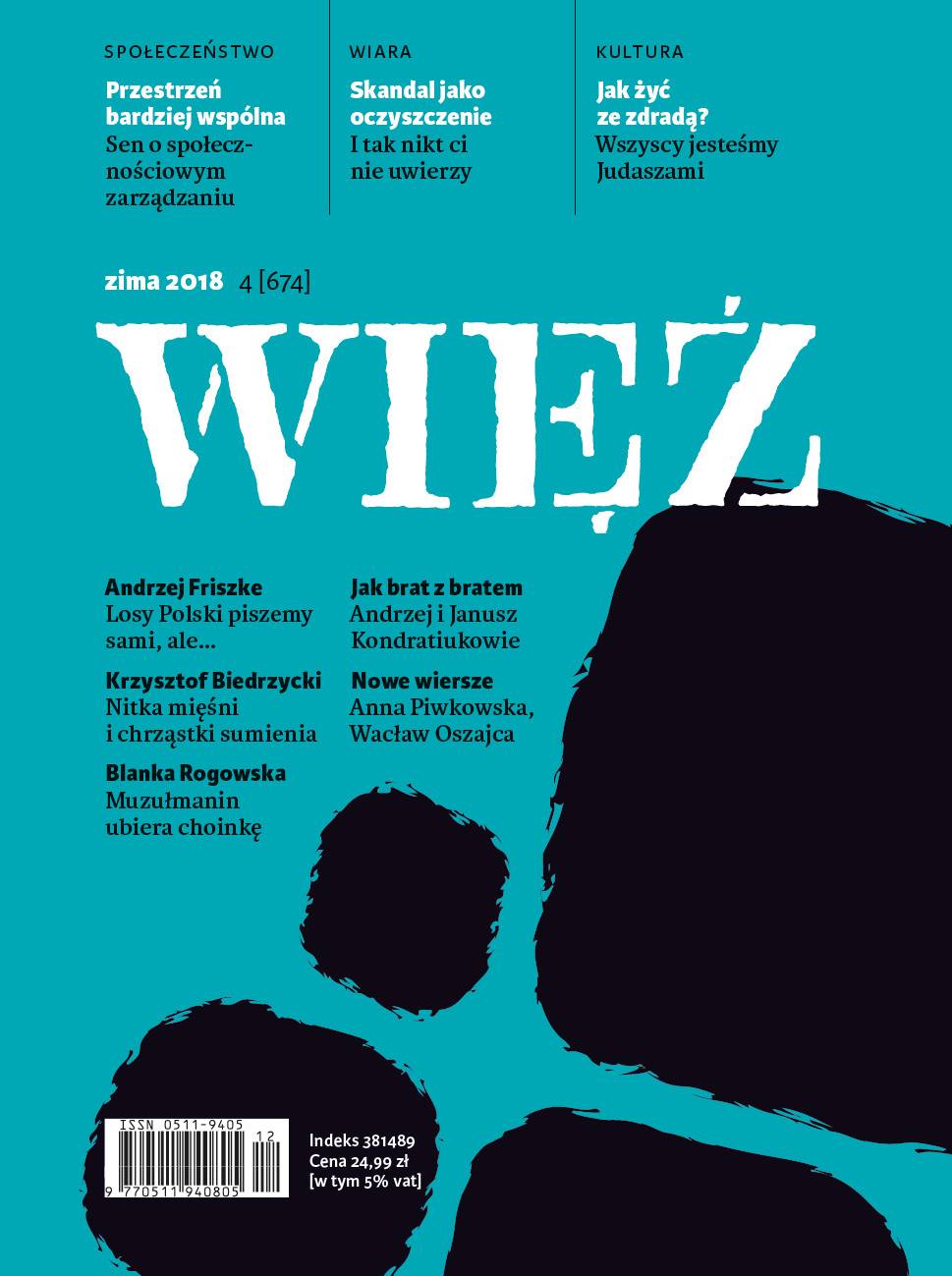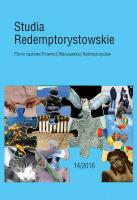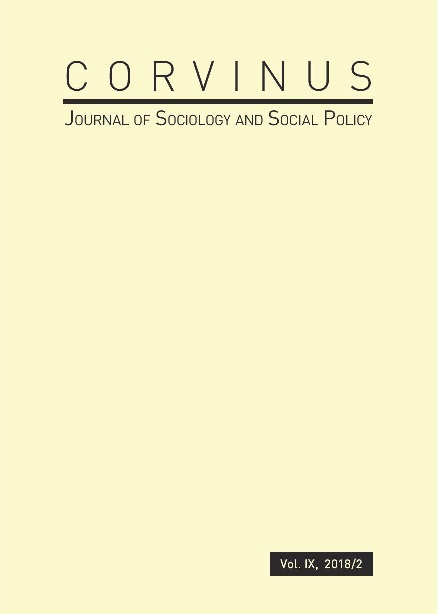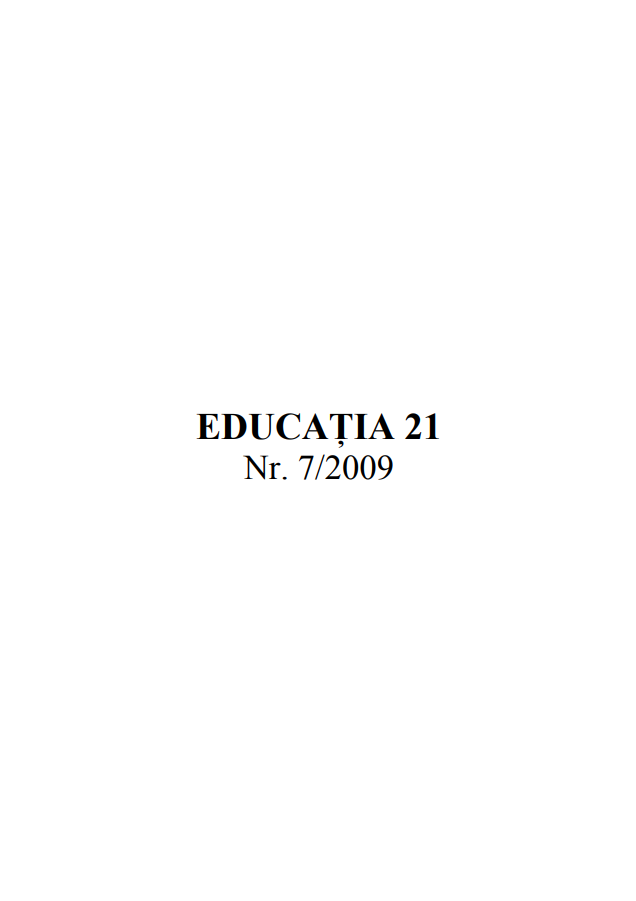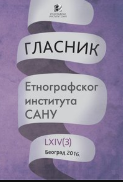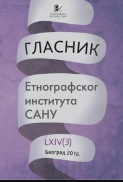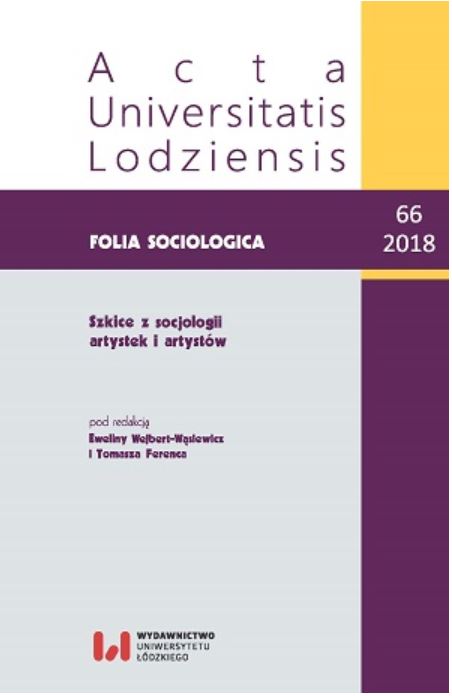Author(s): Martyna Tomaszewska / Language(s): Polish
Issue: 16/2018
The sexual liberty of today marks every area of human life, causing sexuality to be treated as commodity. The further fallout comprises of, among others, the increase in divorce ratio, the thriving of pornography, or childless marriages. A person shorn of moral values focuses on pleasure and effortlessness. This is the reason why there is a huge need for creating a moral order for erotic love. Understanding morality has many layers to it. Morality, described as a set of norms and evaluation guidelines for human conduct, is the priority form of societal awareness of human beings. It is what differentiates our world from that of animals that lack the ability to perceive the surrounding reality in terms of moral and immoral. They are governed by instincts, which determine their functioning. Humans, on the other hand, as higher beings endowed with consciousness and capability for judgement, are obliged to conduct themselves in a responsible and moral manner. Erotic love is important, and should happen when, and only when, it is preceded by the unconditional acceptance of afellow being, and friendship. Otherwise, human becomes asubject of usage and manipulation. Erotic love has three functions: procreation, realisation of subjectivity and bonding. In the following part the elements of erotic love order have been presented. Marriage, as a union of a woman and a man, is considered a foundation of erotic love occurring in a moral way. An intimate meeting manifests itself mainly in giving birth to a child and bringing it up, which is marriage-specific. Marriage is giving each other rights to their bodies, thus preceding phases of the relationship should prepare the spouses for this special and important matter. The next factor is marital and extramarital chastity. Personal integrity allows for giving and receiving love maturely, which constitutes the moral order. Fiancés on the other hand, by abstaining from physical displays of affection, learn to respect each other and be faithful. The main purpose of marriage is childbearing, which is connected to the periodicity of fertility and infertility. The moral thing to do is to respect the fertility cycle of the woman and planning intercourses with fertile and infertile days in mind. A woman and a man endowed with free will are able to consciously manage the fruit of their sexual intercourse. Marital faithfulness is an element of the moral order of erotic love. It allows for realizing the original purpose of marriage: a relationship between a woman and a man. It allows for the harmonious sexual life free from anxiety and the felling of conflict. It is also important for the functioning of the body. The last moral aspect of erotic love is the bond order, which undoubtedly allows for experiencing intimacy on the most unique level. Erotic love has a carnal and spiritual foundation, thus contributing to dignified – therefore moral – humanity.
More...

